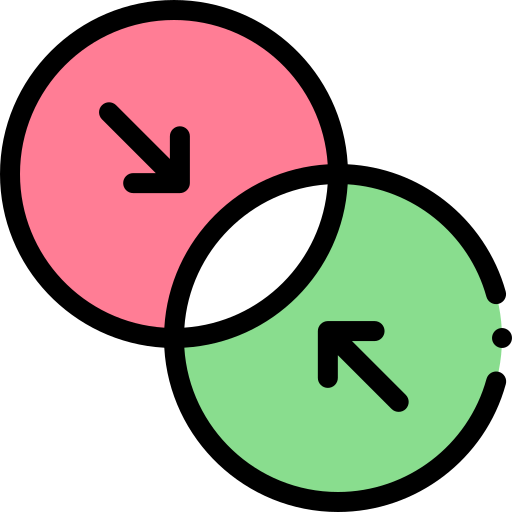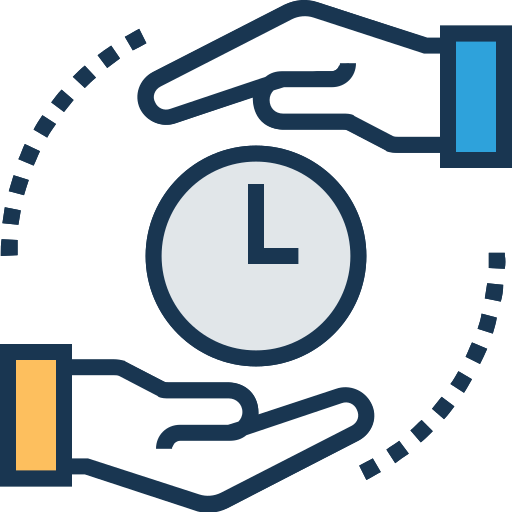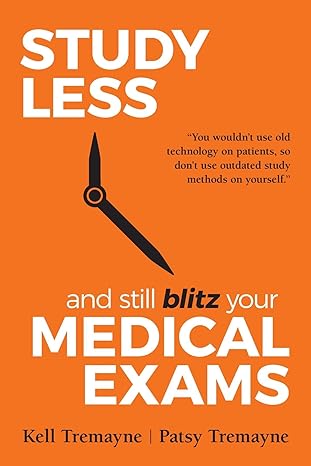- Home
- From Doctor Burnout to Resilient Recovery
- Work Life Balance Strategies
Work-Life Balance Strategies for Junior Doctors: How the Four Burner Theory Can Help You Thrive
In the demanding world of healthcare, achieving balance can feel like an elusive goal. Between long shifts, exam preparation, and personal responsibilities, many doctors struggle to maintain their wellbeing. That’s where the Four Burner Theory comes in—a simple yet powerful metaphor introduced by David Sedaris and popularized by James Clear, that offers a compelling way to understand the trade-offs we face in trying to "do it all." But rather than viewing life as a zero-sum game, this framework invites us to explore work-life balance strategies that integrate rather than isolate our priorities - approaches help junior doctors maintain performance while nurturing their health, family, and friendships - without burning out.
What Is the Four Burner Theory?
The Four Burner Theory, popularized by author James Clear, likens life to a stovetop with four burners:
- Work
- Health
- Family
- Friends
The theory suggests that to be successful, you must turn off one burner. To be really successful, you must turn off two. So to achieve success, you must turn off one or two burners—sacrificing areas like health, family, or friendships to fuel your career.
It’s a stark proposition—especially for doctors, who are often expected to excel in all four areas.
But we challenge this notion. We argue that balancing work and family, health, and friendships isn’t about sacrifice—it’s about synergy. Instead of turning burners off, we advocate for work-life balance strategies that allow junior doctors to integrate their priorities in sustainable, meaningful ways.
We offer a more compassionate and sustainable alternative: integration over elimination.
Rather than extinguishing burners, we propose sharing the flame—finding ways to keep all areas of life alight, even if not equally at all times. This might mean combining exercise with social connection, studying with colleagues to reduce isolation, or protecting time for rest and relationships as fiercely as you would a clinical shift. These strategies not only support wellbeing but also enhance performance, making them essential tools for thriving in medicine.
This approach is especially vital for junior doctors, who often feel forced to choose between professional success and personal wellbeing. With the right mindset and practical strategies, it’s possible to keep all four burners glowing—without burning out.
“Resilience and good performance are supported by having balance across each of those different areas of your life.”
This reframing is not just philosophical—it’s practical. Here’s how junior doctors can apply it:
Reframing the Burners: From Elimination to Integration
Rather than turning burners off, we advocate for sharing the flame—a strategy that allows junior doctors to maintain balance across work, health, family, and friends. This approach is supported by research in psychology, wellbeing, and resilience, which shows that integration across life domains enhances performance, reduces burnout, and improves overall life satisfaction.
By applying work-life balance strategies—such as combining tasks across domains, outsourcing low-value responsibilities, and protecting time for rest and relationships—junior doctors can sustain all four burners without sacrificing their wellbeing.
Here are 5 ways to move from elimination to integration.
1. Combine Burners |
2. Outsource Tasks |
3. Protect Time |
4. Embrace Seasons |
5. Share the Flame |
 |
 |
 |
 |
 |
Lets look at some practical ways you can move from elimination to integration:
1. Combine Burners
Merging life domains creates synergy and reduces the sense of competition between responsibilities. Instead of compartmentalizing work, health, family, and friends, look for ways to blend them meaningfully:
- Exercise with friends: Group workouts, walking meetings, or weekend hikes combine physical health with social bonding. Studies show that exercising socially boosts motivation, mood, and self-efficacy—especially in high-stress professions.
- Study with colleagues: Collaborative learning reduces isolation, increases accountability, and fosters peer support. It also helps normalize shared struggles, which is vital in medicine where perfectionism is common.
- Cook with family: Preparing meals together is a chance to connect, decompress, and nourish both body and relationships. It’s also a practical way to ensure healthy eating during busy rotations.
- Attend wellness events with peers: Hospital yoga classes, mindfulness sessions, or even informal coffee catch-ups can serve dual purposes—supporting mental health and strengthening professional relationships.
“These small shifts transform isolated tasks into meaningful, multi-purpose experiences.”
2. Outsource Tasks
Cognitive load is a major contributor to burnout. Outsourcing helps preserve energy for high-value activities:
- Delegate chores: Share domestic responsibilities with housemates or family. Even small shifts—like alternating laundry or meal prep—can free up mental bandwidth.
- Use meal services or batch cooking: Nutrition is critical for cognitive performance. Services like HelloFresh or batch cooking on weekends can ensure consistent, healthy meals without daily effort.
- Hire help if feasible: Cleaning, tutoring, or admin support can be worth the investment during exam season. Think of it as buying back time for rest, study, or connection.
Research shows that outsourcing low-value tasks improves wellbeing and reduces decision fatigue.
3. Protect Time
Time is your most precious resource. Protect it like a clinical asset:
- Rest and recovery: Sleep, mindfulness, and unstructured downtime are essential for memory consolidation and emotional regulation.
- Relationships: Schedule quality time with loved ones—even short, intentional moments matter. A 15-minute phone call or shared meal can buffer against stress.
- Recreation: Joyful activities (music, hobbies, nature) replenish your energy and creativity. They also help you reconnect with your identity beyond medicine.
Treat these blocks as non-negotiable appointments. If it’s in your calendar, it’s real.
4. Embrace Seasons
Life has rhythms. Recognizing your current season helps you adjust expectations without guilt:
- Exam season: Work may take precedence. Communicate this to loved ones and plan for reconnection afterward.
- Post-exam recovery: Prioritize rest, relationships, and reflection. This is a time to refuel and recalibrate.
- Health setbacks: When illness or fatigue arises, shift focus to healing. Your body is your most important tool.
This seasonal mindset fosters self-compassion and prevents all-or-nothing thinking.
5. Share the Flame Across Burners
Look for synergistic overlaps:
- Can colleagues become friends? Shared experiences build trust and camaraderie.
- Can you work out with your friends? Group fitness boosts both physical and emotional resilience.
- Can you study while spending time with family? Even parallel activities—like reading while your child does homework—can create a sense of togetherness.
These integrations allow one flame to fuel another. For example, physical health supports cognitive performance, and social connection buffers against burnout
Resilience and good performance are supported by having balance across each of those different areas of your life.”
What You Can Do Right Now
- Make a list of your past fortnight’s activities. Which ones could be outsourced, combined, or better protected?
- Identify your current season: Are you in a high-intensity phase? What can be temporarily adjusted?
- Schedule one integration this week: A walk with a friend, a shared meal, or a study session with a colleague.
Final Thought on Work-Life Balance Strategies
The Four Burner Theory offers a powerful lens through which junior doctors can view their lives—not as a series of competing demands, but as interconnected domains that can support and strengthen each other. While the traditional model suggests sacrificing one or more burners to succeed, the broader wellbeing research invites us to reframe success as a dynamic balance, not a rigid trade-off.
In the high-pressure world of medicine, it's easy to feel like you're constantly choosing between your career and your life. But integration is possible. By combining burners, outsourcing strategically, protecting time, and embracing life’s seasons, you can build a career that is not only sustainable but deeply fulfilling.
Balance doesn’t mean perfection. It means intentionality—making choices that align with your values, energy, and current season. It means recognizing that your health, relationships, and joy are not distractions from your professional goals—they are the foundation of your performance.
As you move forward, ask yourself:
- What can I combine to create more meaning?
- What can I let go of or delegate?
- What needs more attention right now—and what can wait?
- How can I honor all parts of my life, even in small ways?
By sharing the flame across all four burners, you’re not just surviving medicine—you’re thriving in it.






